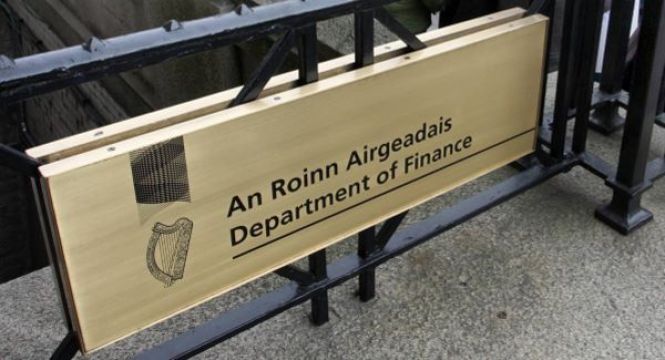Government debt hit a new peak of €227.5 billion last September, with the debt to GDP ratio standing at 62 per cent.
New figures from the Central Statistics Office (CSO) show that for the first nine months of last year Ireland ran a deficit of €16.9 billion, due to increased Government spending and lower tax income. The national deficit rose to 6.2 per cent during this time, up from 0.7 per cent during the same period in 2019. Government revenue of €58.7 billion was 5.1 per cent lower than the same period of 2019.
Underlying this decline, indirect taxes were down 15.7 per cent, predominantly due to reduced VAT receipts, with direct taxes (including corporation tax and income tax) up 4.7 per cent. Other areas of revenue were also down such as social contributions (lower levels of PRSI receipts), sale of goods and services and investment income, in particular due to the ECB recommendation to all euro-area banks to not pay dividends.
Expenditure in the first nine months of the year rose significantly, reflecting the Covid-19 supports put in place by Government. Subsidies and social transfers increased by €7.5 billion in the first nine months of the year.
Third quarter figures
Between July and September last year, Government revenues fell 7.2 per cent to €19.6 billion compared to the previous quarter, while spending totalled €27 billion, down 1 per cent on the previous quarter due to a reduction in payments of social benefits and subsidies.
Payments of the Pandemic Unemployment Payment in the three-month period came to €1.1 billion, down from €2.5 billion on the previous quarter, while payments for the Temporary Wage Subsidy Scheme/Employment Wage Subsidy Scheme also fell from €1.7 billion in Q2 2020 to €1.3 billion in Q3 2020.

Tax revenue for the year to Q3 2020 was down by €2.2 billion or 4.9 per cent. This was primarily due to a €3.3 billion decrease in indirect taxes, which includes VAT, but this hit was somewhat alleviated by a €1.1 billion increase in direct taxes -including income tax and corporation tax - during the same period.
In relation to the fall in Government expenditure during this time, CSO statistician Tom Fitzgerald said: “The main driver behind this decrease was a reduction in payments of the Pandemic Unemployment Payment (PUP), the Temporary Wage Subsidy Scheme (TWSS) and the Employment Wage Subsidy Scheme (EWSS). PUP payments were down from €2.5 billion in Q2 2020 to €1.1 billion in Q3 2020, while TWSS/EWSS payments also decreased from €1.7 billion in Q2 2020 to €1.3 billion in Q3 2020.”
Comparing the first nine months of 2019 to the first nine months of 2020, he said: “Government expenditure for the first nine months of 2020 was up €11.8 billion compared to the same period in 2019, an increase of 18.5 per cent, while Government income dropped by €3.1 billion a decrease of 5.1 per cent."







